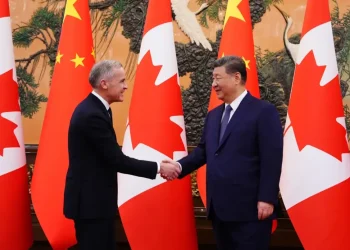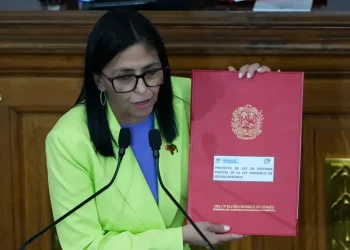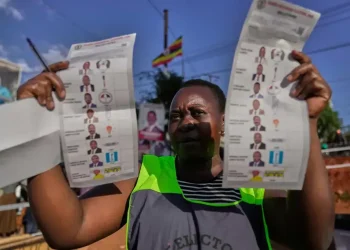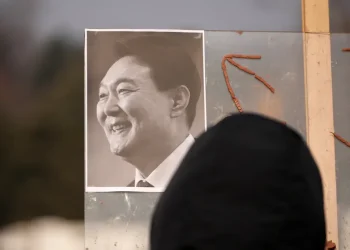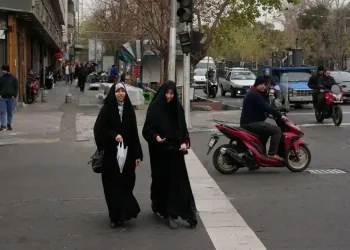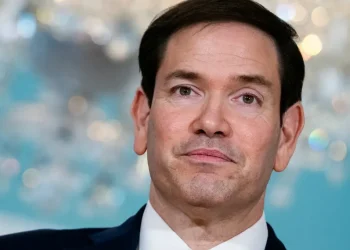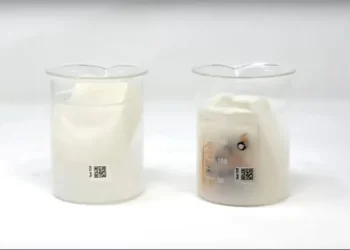Lego Opens Eco-Friendly Factory in Vietnam, Aims for Zero Emissions by 2026
Lego has just taken a bold step toward a greener future. The iconic toy company officially opened a massive $1 billion manufacturing plant in Vietnam, designed to operate entirely on clean energy by early 2026.
Located in Binh Duong province near Ho Chi Minh City, the factory is Lego’s first in Vietnam, its sixth globally, and its second in Asia. It’s a critical part of the Danish company’s commitment to cut carbon emissions and eventually reach net-zero emissions by 2050.
“We want to make sure the planet our children inherit is one that’s still here and thriving,” said Lego CEO Niels Christiansen.
Spanning the size of 62 soccer fields, this state-of-the-art facility is packed with high-tech automation, including robots that craft Lego bricks with razor-sharp precision—accurate to one-tenth the width of a human hair. While the machines do the heavy lifting, thousands of skilled workers—many trained in Lego’s China factory—will oversee operations.
The factory runs on a solar-powered energy system equipped with 12,400 solar panels and battery storage. While most of its power will come directly from the sun, the remaining 10-20% will be sourced through clean energy agreements with local producers. Thanks to Vietnam’s new Direct Power Purchase Agreement (DPPA), companies like Lego can now buy renewable energy straight from providers—a game-changer for the region’s sustainability goals.
“This factory shows that big, energy-intensive plants can be both green and profitable,” said Mimi Vu, co-founder of consultancy Raise Partners.
Vietnam, one of Asia’s fastest-growing economies, has set its own goal of net-zero emissions by 2050. With manufacturing accounting for 20% of the country’s GDP and half its energy consumption, the Lego factory serves as a much-needed model for sustainable industrial growth.
The new facility is also built with energy efficiency in mind—featuring five smart buildings and a major reforestation effort. Lego has already planted 50,000 trees, double the number it cut down for construction.
In another eco-friendly shift, the Vietnam plant is the first Lego factory to phase out single-use plastic bags, replacing them with recyclable paper alternatives.
To support its expansion in Southeast Asia and Oceania, Lego will also open a distribution center in Dong Nai province. By building factories closer to key markets, Lego hopes to cut logistics costs and shield itself from global trade tensions, including tariffs imposed by the U.S. under the Trump administration.
“Locating production close to consumers helps us stay agile,” Christiansen noted. “We’re watching global growth and consumer sentiment closely.”
Lego still faces a major challenge: making its iconic bricks out of eco-friendly materials. The company has invested over $1.2 billion in research to find alternatives to oil-based plastics. While progress is slow, it’s ongoing.
Today, about a third of the materials used in new Lego bricks come from renewable or recycled sources, though these options are currently more expensive.
“It’s not cheap, but we believe our efforts help build a new supply chain for sustainable plastics,” Christiansen said.
Founded by Ole Kirk Kristiansen in the 1930s, Lego has come a long way from wooden toys to becoming a global symbol of creativity and play. Now, it hopes to become a leader in sustainable manufacturing too.
This article was rewritten by JournosNews.com based on verified reporting from trusted sources. The content has been independently reviewed, fact-checked, and edited for accuracy, neutrality, tone, and global readability in accordance with Google News and AdSense standards.
All opinions, quotes, or statements from contributors, experts, or sourced organizations do not necessarily reflect the views of JournosNews.com. JournosNews.com maintains full editorial independence from any external funders, sponsors, or organizations.
Stay informed with JournosNews.com — your trusted source for verified global reporting and in-depth analysis. Follow us on Google News, BlueSky, and X for real-time updates.


